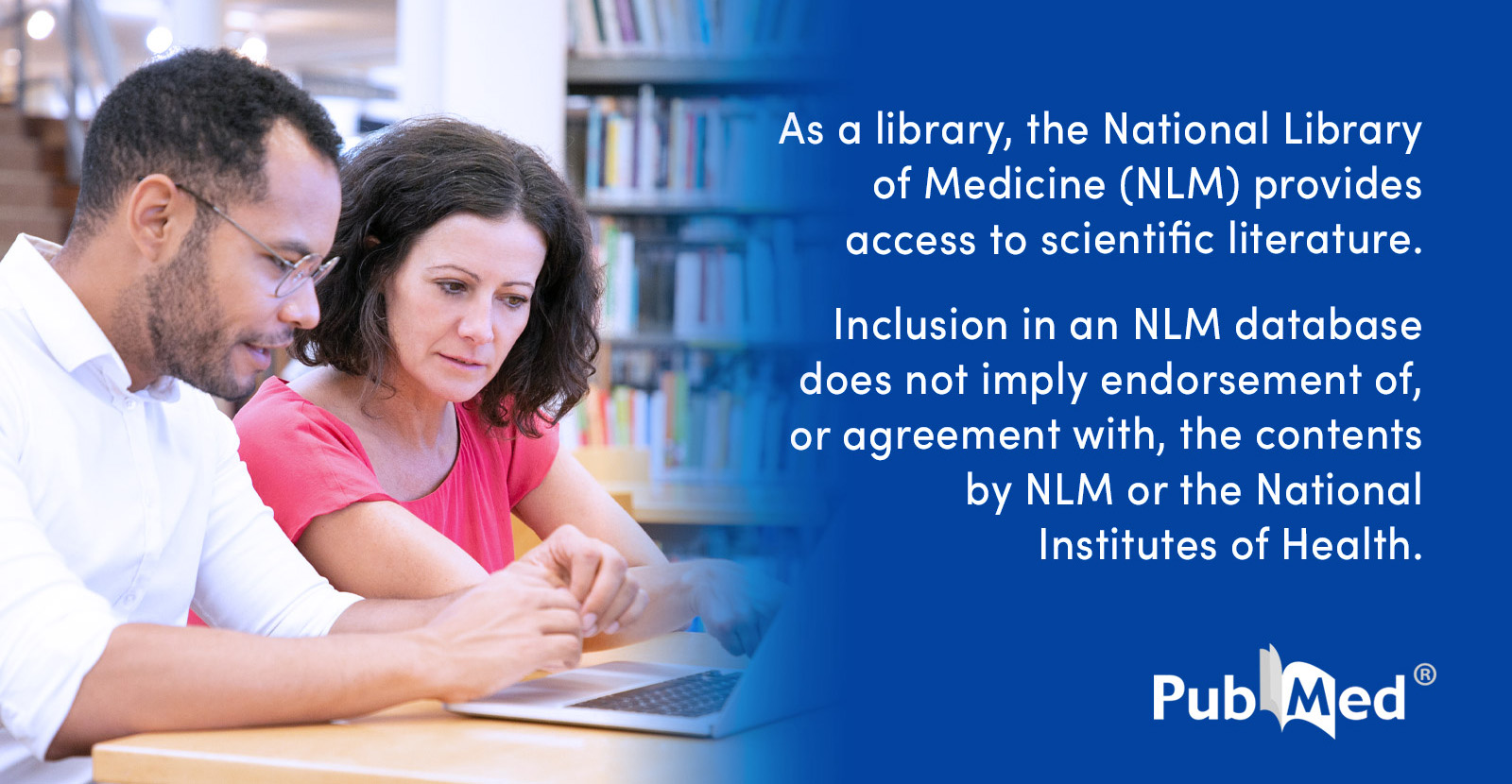I only take Kratom at most one day a week, but I have neck problems called "cervical/degenerative disk disease" from years of Brazilian Jiu-Jitsu, so I need to do a lot of physical therapy to strengthen my neck. The other day I was at a pain management specialist who was telling me I should only take NSAIDs like Aleve, Advil, and Aspirin when I REALLY need it. What he explained is that when you work out to build muscle you WANT to be sore afterwards because you need the inflammation to get stronger. He said that NSAIDs MAJORLY fuck up your body's ability to strengthen a particular area.
So, with this in mind, does anyone know how strong an anti inflammatory effect Kratom and Kratom extracts (stuff like OPMS black and Hush, NOT 7-OH which I've never used) in comparison to stuff like Aleve, Advil, and Aspirin?
I've generally heard that Kratom is just an atypical opioid and Mu-opioid antagonist and that its anti inflammatory effects aren't all that strong. Is that true? Or is it just as strong an anti inflammatory as Aleve/Naproxen and other NSAIDs?
If it is a strong anti inflammatory then I know I should avoid it during the days I workout. Also, does anyone know how long any anti inflammatory action on the body would last after it has initially worn off? Like, I know that Aleve can have blood thinning effects for up to a couple weeks. Does Kratom continue to lower inflammation for days after taking a single dose?
So, with this in mind, does anyone know how strong an anti inflammatory effect Kratom and Kratom extracts (stuff like OPMS black and Hush, NOT 7-OH which I've never used) in comparison to stuff like Aleve, Advil, and Aspirin?
I've generally heard that Kratom is just an atypical opioid and Mu-opioid antagonist and that its anti inflammatory effects aren't all that strong. Is that true? Or is it just as strong an anti inflammatory as Aleve/Naproxen and other NSAIDs?
If it is a strong anti inflammatory then I know I should avoid it during the days I workout. Also, does anyone know how long any anti inflammatory action on the body would last after it has initially worn off? Like, I know that Aleve can have blood thinning effects for up to a couple weeks. Does Kratom continue to lower inflammation for days after taking a single dose?





